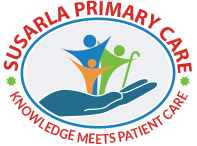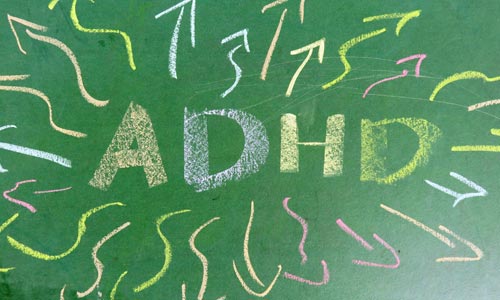Attention-deficit/hyperactivity disorder (ADHD) is the most common behavioral disorder in children, and the prevalence is increasing. We evaluate for ADHD in children with behavioral concerns (e.g., inattention, hyperactivity, impulsivity, oppositionality) or poor academic progress using validated assessment tools with observers from several settings (home, school, community) and self-observation, if possible.
If we inherit a patient with a previous ADHD diagnosis we review the diagnostic process, and current symptoms and treatment needs. Coexisting conditions (e.g., anxiety, learning, mood, or sleep disorders) should be identified and treated. Behavioral treatments are recommended for preschool-aged children and may be helpful at older ages. Effective behavioral therapies include parent training, classroom management, and peer interventions.
Medications are recommended as first-line therapy for older children. Psychostimulants, such as methylphenidate and dextroamphetamine, are most effective for the treatment of core ADHD symptoms and have generally acceptable adverse effect profiles. There are fewer supporting studies for atomoxetine, guanfacine, and clonidine, and they are less effective than the psychostimulants. Height, weight, heart rate, blood pressure, symptoms, mood, and treatment adherence should be recorded at follow-up visits.
Many times we will also send your child to a board certified child psychiatrists for more intensive therapy. There are several in the area we recommend.


